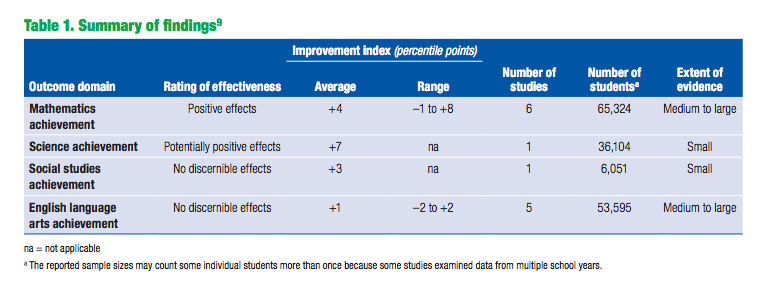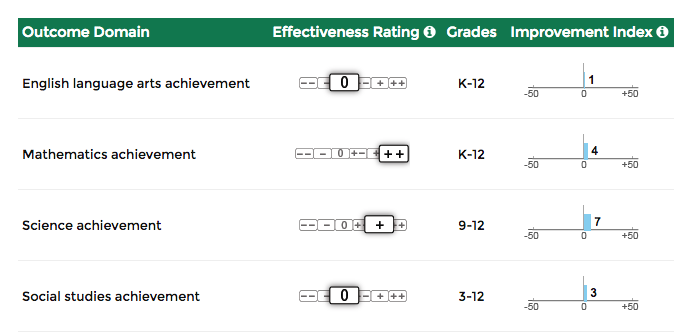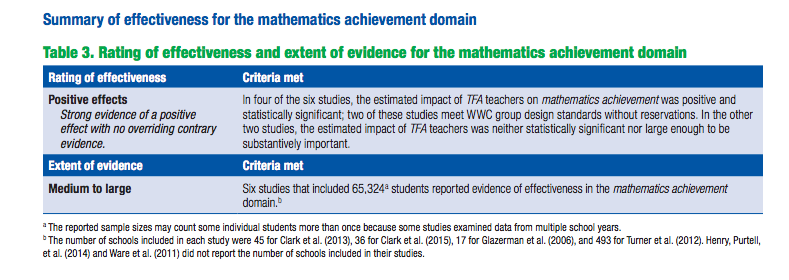JC Bowman, Executive Director of Professional Educators of Tennessee, has some advice for Governor Haslam:
The critic, Niccolo Machiavelli, taught us that assertions of virtue and integrity in politicians are often grinning masks of deception. So we are not surprised when politicians routinely over-promise and under-deliver. State leadership must coherently articulate K-12 Education Policy to citizens in a truthful manner.
By state leaders continuing to ignore legitimate concerns, such as a vocal opposition to the Common Core State Standards and PARCC Assessments, policymakers and stakeholders across Tennessee have now been negatively impacted. This message has largely fallen on deaf ears at the highest level of state government, who continue to believe all is well. Members of the Tennessee General Assembly have listened and we are grateful to those legislators. Many citizens share the opinion that school teachers, principals, and superintendents are regarded by the administration as impediments to school improvement rather than partners.
As an organization, Professional Educators of Tennessee have embraced higher standards, with the caveat that we should always seek higher standards and a commitment to student achievement. We were very enthusiastic when Governor Haslam pledged to make Tennessee the fastest growing state for teacher salaries in October 2013 and again in the State of the State in February 2014. We intend to help him keep his word.
Governor Haslam has justly boasted “we are one of only six states in the country that has consistently increased state spending on K-12 education as a percentage of our total budget.” He has added that since 2011, “we’ve had the fourth largest increase in education spending compared to the rest of the country.” The questions we need to ask: How much of this has been Race to the Top Funds? Where were all those funds allocated? How much money was actually earmarked to the classroom?
If policymakers boast that Tennessee is the fourth largest state for increase in education spending, then funds from RTTT need to factor into that calculation. Our estimation is that roughly $252 million of the RTTT grant was retained by the Tennessee Department of Education and never saw the inside of a school or classroom. These dollars went toward consultants’ contracts and partnerships.
Our belief is that every dollar earmarked for education should be spent to benefit Tennessee school children. A teacher’s working conditions are our students’ learning conditions. If Tennessee had the most ‘growth’ of any state on the latest NAEP results led by our state teachers, why were their promised salaries a lower priority than unproven PARCC Testing or adding Media/Marketing and Event Coordinators at the Tennessee Department of Education?
We support a delay and/or for the state to rescind the mandate for LEA’s to create a differentiated pay plan. Without the state’s increased financial contribution this creates an unfunded mandate on our local school systems. If the state mandates a requirement they should subsequently provide the necessary funding to facilitate that obligation at the local level. Unfunded mandates fly in the face of conservative orthodoxy and sound public policy.
Teacher attrition is a serious issue. We must keep experienced educators in our classrooms. Tennessee colleges and universities are very adept at meeting the demand for producing quality educators in this state. Historically, approximately 50% of the teachers that graduate with a degree in education do not find a teaching job.
We would suggest a review and delay for all Teach for America (TFA) contracts. Researcher Elaine Weiss revealed that Tennessee spends more money per Teach for America recruit than any other state. Some reports state that total compensations ranging from $5,000 to $9,000, to as high as $15,000, have been paid to Teach for America for their recruits. If this is true, we should turn to our own graduates of traditional colleges of education looking for an opportunity to teach in their own state.
Teaching is higher calling for professionals, not a pre-career placeholder. Therefore, it makes little sense to employ temporary teachers and spend scarce tax dollars and resources then watch a teacher leave after two years. Our goal should be hiring and retaining quality teachers that want to live, play, and worship in our communities long-term, instead of marking off days until a loan is forgiven and entrance to graduate school is accomplished.
We do not seek to be unduly critical of Governor Haslam. We recognize that there are many competent people in the Department of Education and administration. However, the media may be the only hope to reach the Governor. We encourage the Governor to confront issues directly, answer emails timely and regularly meet face-to-face with education stakeholders on a consistent basis, not through intermediaries. Governor Haslam, you need our help and we want to extend our hand to offer the assistance you need.
More on how Tennessee came to be short on revenue.
For more on Tennessee education politics and policy, follow @TNEdReport






